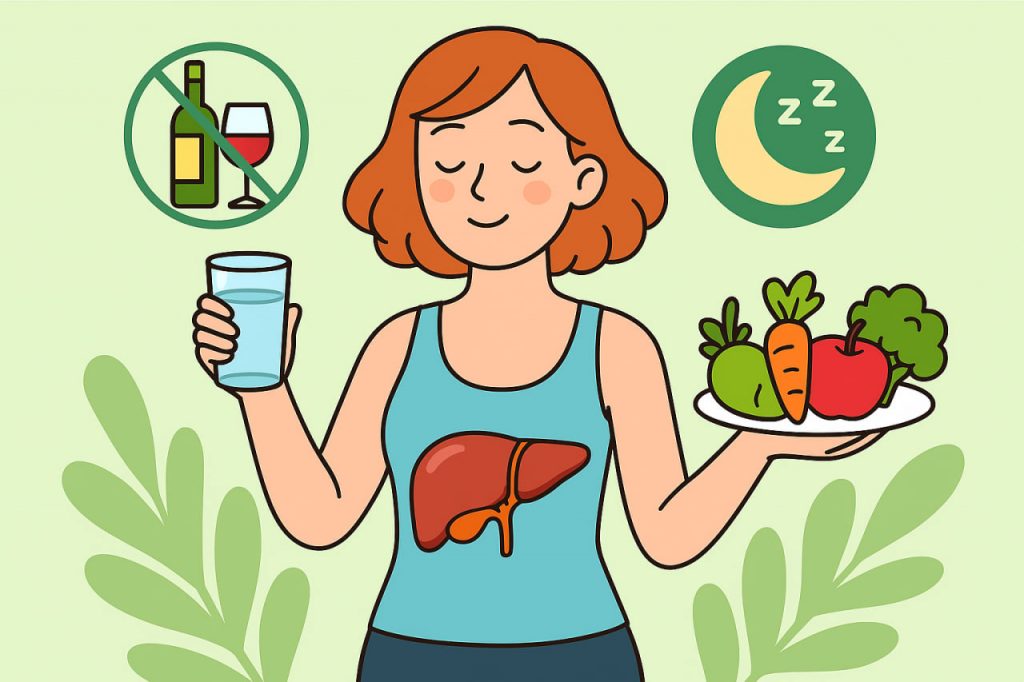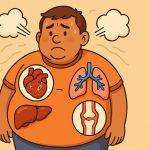The liver is one of the most vital organs in the human body. It performs more than 500 different functions, making it essential for survival. From filtering toxins to producing important proteins, the liver plays a central role in maintaining overall health. Understanding how it works and how to care for it can help prevent serious diseases.
Main Functions of the Liver
- Detoxification – The liver filters harmful substances from the blood, including alcohol, drugs, and toxins.
- Metabolism – It processes carbohydrates, fats, and proteins, turning them into energy or storing them for later use.
- Bile production – The liver produces bile, which helps digest fats in the small intestine.
- Nutrient storage – It stores vitamins (A, D, E, K, and B12) and minerals (iron and copper) for future needs.
- Protein synthesis – The liver produces essential proteins, including those that help blood clot.
- Immune defense – It helps the body fight infections by filtering out bacteria from the bloodstream.
How to Keep the Liver Healthy
- Maintain a balanced diet – Eat plenty of fruits, vegetables, whole grains, and lean proteins. Limit processed foods and added sugars.
- Avoid alcohol consumption – Alcohol kills liver cells and can lead to cirrhosis or liver cancer.
- Stay active – Regular physical activity helps control weight and prevents fatty liver disease.
- Avoid toxins – Be cautious with medications, cleaning chemicals, and environmental pollutants.
- Get vaccinated – Vaccines against hepatitis A and B help protect the liver from viral infections.
- Stay hydrated – Drinking enough water supports metabolic and detoxification processes.
- Regular check-ups – Blood tests and ultrasounds can help detect early liver problems.
Common Liver Problems
- Fatty liver disease – caused by excess fat buildup, often linked to obesity and poor diet.
- Hepatitis – inflammation of the liver, often due to viral infection.
- Cirrhosis – severe scarring from long-term damage, often caused by alcohol intake or chronic hepatitis.
- Liver cancer – sometimes develops from untreated cirrhosis or hepatitis.
Conclusion
The liver is a powerhouse organ responsible for detoxifying, digesting, storing, and protecting the body. Keeping it healthy requires balanced nutrition, avoiding alcohol use, regular exercise, and medical care when needed. Protecting liver health ensures long-term well-being and energy for life.
Glossary
- Bile – a digestive fluid made by the liver that helps break down fats.
- Cirrhosis – severe scarring of the liver due to long-term damage.
- Detoxification – the removal of toxins and harmful substances from the blood.
- Fatty liver disease – condition where fat builds up in the liver.
- Hepatitis – inflammation of the liver, often caused by viruses.


